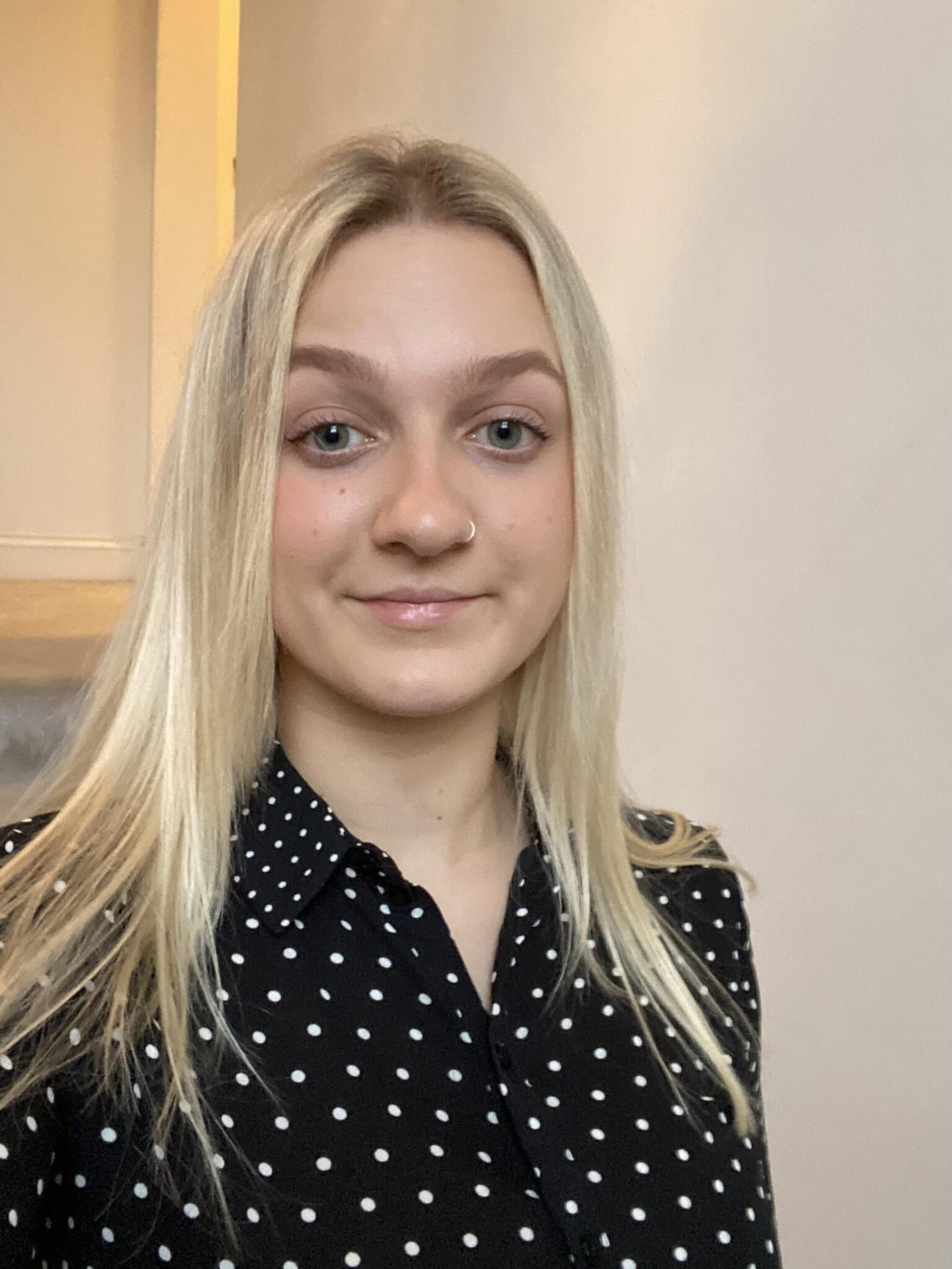“As an MP, and as a liberal, I have consistently championed the idea that our democracy is only as good as the people who engage with it, and so it is vital that all parts of our diverse society feel empowered to participate within democracy and public life.
Britain’s democracy is being strengthened every day by the efforts of Patchwork to engage people of all communities, so even to be a small part of this journey is a privilege.”


